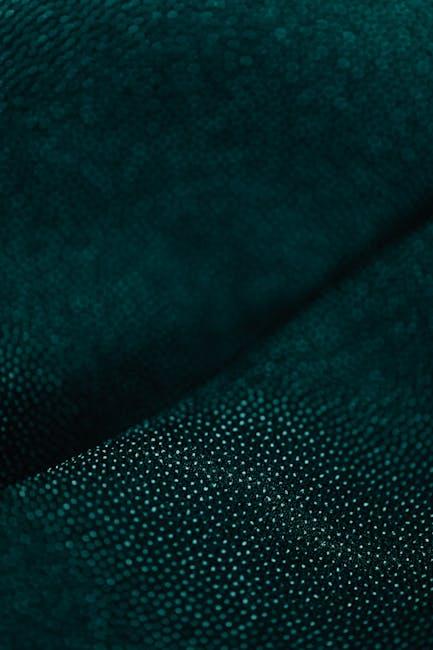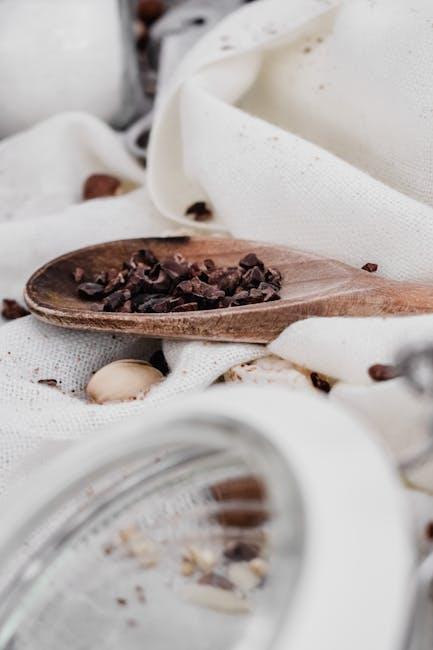
Boston Micro Fabrication Opens UltraThineer Lab Targeting Cosmetic Dentistry
Published on VoxelMatters
Boston Micro Fabrication (BMF), a pioneer in microfabrication technology, has recently launched its newest innovation: the UltraThineer Lab. This state-of-the-art facility is designed specifically to revolutionize cosmetic dentistry, leveraging ultra-precise micro 3D printing and advanced manufacturing techniques for dental applications. This development promises to deliver unprecedented detail, speed, and customization options for dental professionals and patients seeking flawless results.
What is Boston Micro Fabrication’s UltraThineer Lab?
Boston Micro Fabrication has been at the forefront of pushing the boundaries of high precision microfabrication. The UltraThineer Lab is a new dedicated center that combines their proprietary micro-printing technology with dental science to produce ultra-thin, customizable dental components.
Unlike traditional dental manufacturing which often involves time-consuming milling or casting, BMF’s approach involves micro stereolithography, enabling the creation of micro-scale features with accuracies down to single-digit microns. This means veneers, bonding agents, and implant components can be tailor-made to fit perfectly, enhancing both aesthetics and function.
Core Features of the UltraThineer Lab
- Submicron printing precision: Achieves finer details that improve cosmetic outcomes.
- Rapid production cycles: Speeds up turnaround times for dental labs and clinics.
- Material versatility: Supports biocompatible, durable materials suitable for oral applications.
- Custom Design Integration: Seamlessly integrates with CAD/CAM dental software.
- Scalability: Capable of handling both prototype and mass dental component production.
Why the Cosmetic Dentistry Industry Needs the UltraThineer Lab
Cosmetic dentistry is inherently detail-sensitive. Patients expect natural-looking results where every curve, edge, and color gradient feels genuine. Traditional manufacturing methods often struggle to meet these demands efficiently.
The UltraThineer Lab directly addresses these pain points:
- Improved fit and finish: Microfab precision means veneers and crowns sit perfectly.
- Customization: Tailored dental appliances that easily adapt to unique dental anatomies.
- Reduced waste: Microfabrication is additive, minimizing material waste and lowering costs.
- Faster patient turnaround: Clinics can offer quicker service, improving patient satisfaction.
The Market Impact and Growth Potential
According to recent market reports, the global cosmetic dentistry market is expected to reach $34 billion by 2027, driven by growing awareness, technological advancements, and increasing disposable incomes. Boston Micro Fabrication’s UltraThineer Lab positions the company to become a technology leader in this booming sector.
| Feature | Benefit for Cosmetic Dentistry | Impact on Patient Outcome |
|---|---|---|
| Submicron Precision Printing | Improved detail and surface finish | Natural, seamless appearance |
| Rapid Turnaround Times | Faster delivery of dental components | Reduced patient wait time |
| Biocompatible Materials | Safer, longer-lasting dental restorations | Increased comfort and durability |
| CUSTOM CAD/CAM Integration | Design flexibility and customization | Better fitting devices, fewer adjustments |
Benefits and Practical Tips for Dental Professionals
The integration of UltraThineer technology in cosmetic dentistry workflows presents many benefits — here are some actionable insights for clinicians and lab technicians looking to capitalize on this innovation:
Benefits:
- Precision customization: Use detailed dental scans combined with UltraThineer printing to create patient-specific devices that require minimal post-processing adjustment.
- Expanded material options: Experiment with new biocompatible resins designed for both esthetic and structural roles.
- Time savings: Streamline the manufacturing and fitting process, reducing multiple patient visits.
- Cost-effectiveness: Additive microfabrication reduces waste and tooling expenses.
Practical Tips:
- Invest in quality digital scans: The detail of your input data directly affects UltraThineer output quality.
- Collaborate closely with labs: Share digital designs and receive feedback to optimize print strategies.
- Train staff on CAD/CAM software: Maximizing the lab’s capabilities requires proficiency in dental design software.
- Stay informed: Follow BMF updates and attend dental tech conferences to learn about new materials and methods.
Case Study: Enhancing Patient Smiles Using UltraThineer Microfabrication
One leading dental clinic recently partnered with Boston Micro Fabrication’s UltraThineer Lab to create custom ultra-thin veneers for a patient with severe enamel erosion. The outcome demonstrated:
- Exact fit: Minimally invasive bonding preserved natural teeth health.
- Natural aesthetics: The ultra-thin veneers closely mimicked the patient’s natural enamel translucency.
- Speedy delivery: The entire process was accomplished within days versus weeks.
- Patient satisfaction: The patient reported a boost in confidence and comfort.
This real-world success underscores the transformative potential of the UltraThineer Lab in cosmetic dentistry procedures.
First-Hand Experience with UltraThineer Technology
Dental technician Sarah H., who has utilized the UltraThineer Lab’s services, shares her perspective:
“Working with Boston Micro Fabrication’s microfabrication technology has been a game-changer. The ultra-thin components we’ve produced so far have unmatched precision, allowing us to offer dental restorations that truly fit our patients perfectly. It’s also streamlined our lab workflow, enabling faster delivery without sacrificing quality.”
Experts like Sarah highlight the value of integrating cutting-edge fabrication in everyday dental practice.
Conclusion: The Future of Cosmetic Dentistry with Boston Micro Fabrication
Boston Micro Fabrication’s opening of the UltraThineer Lab marks a pivotal moment in cosmetic dentistry innovation. By combining high precision microfabrication with dental-specific materials and workflows, this new lab is set to dramatically enhance how dental professionals design, produce, and deliver cosmetic dental devices.
Whether you’re a dental practitioner aiming to provide superior patient outcomes, or a dental lab looking to upgrade your manufacturing capabilities, the UltraThineer Lab provides a compelling, cutting-edge solution. As cosmetic dentistry continues to evolve, embracing technologies like UltraThineer will be crucial in delivering the perfect smile with unmatched precision, speed, and reliability.
Stay tuned with VoxelMatters for the latest updates on dental tech innovations and breakthroughs like Boston Micro Fabrication’s UltraThineer Lab.


